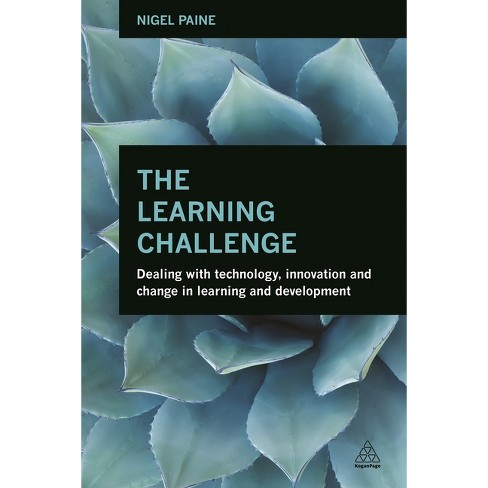The Learning Challenge – The Ageing Brain and Ageing Workforce

Updated July 28th 2023
In this weeks blog post, we bring you a post from our special guest Nigel Paine, whose book, “The Learning Challenge” features a case study written about Adaptas™ CEO Dr. Celine Mullins. Nigel gives us his thoughts on the Ageing Brain and the Ageing Workforce.
Three things came together to stop me in my tracks. The first was reading that if the incidents of Alzheimer’s disease continue to develop in proportion to the ageing population in Japan, the entire GDP of the country will be consumed treating those patients by 2050. This is, of course, a national catastrophe.
The second was visiting rural Japan and being astonished by the number of elderly Japanese citizens sitting quietly in front of their houses with apparently nothing to do. Rural communities seem void of younger people, work opportunities and, indeed, of life.
Third was a quotation by Dr Joel Kramer of the Osher Centre for integrative medicine at the University of California San Francisco from a lecture that he gave which was filmed and put on the excellent University of California TV channel on YouTube. He said:
“Ageing can have a significant impact on brain structure and function, but these changes are neither universal nor inevitable.”
There is now a massive research effort being conducted by neuroscientists around the ageing brain and what we need to do to keep the brain healthy. What seems to be emerging are some clear indicators that the critical dimension of brain health is to maintain neural plasticity throughout life. Neural plasticity builds, what Joel Kramer refers to as ‘cognitive reserve’. Cognitive reserve is the ability of the brain to react to trauma and to disease and attempt to maintain functionality. The Osher Centre has looked at the evidence for Alzheimer’s in ageing brains and discovered that identical patterns of Alzheimer’s can debilitate one individual, whereas another individual can function pretty much as normal. One brain is able to route around the Alzheimer’s plaques, the other is not.
Clearly Japan and other countries with growing ageing populations should invest not only in medical research to discover a “cure” for Alzheimer’s, but also in ways it can work with 50 and 60-year-old adults to develop some of that cognitive reserve which seems so powerful in helping the brain cope with trauma.
This immediately impinges on the world of work. Most organisations slowdown their ageing workforce in the years before retirement. They offer them few challenges and let them cruise quietly as they prepare them for life in retirement. The research would seem to indicate that this is entirely the wrong approach. To maintain neural plasticity the brain needs challenges, and above all it needs to continue learning new things. An alert and physically fit individual, motivated and taking on new challenges right the way through to retirement is probably the best insurance policy against dementia, and possibly the best protection against the effects of early Alzheimer’s. Four things to suggest going forward:
1. We need to work with large employers on new programs and new activities for their ageing workforce and track their progress longitudinally and certainly into retirement.
2. We need to inspire our L&D professionals to develop new learning pathways paying attention to the 70:20:10 model for their older staff teams.
3. We have to look at work organisation to ensure that the diversity of the four generation workforce is celebrated and leveraged.
4. As the research conclusions emerge about the ageing brain, much more needs to be done to share, debate and draw practical conclusions for action.
It would seem the height of common sense to invest real money into these programs because the costs of not doing this on a national economic, and personal lifestyle level, are catastrophic. If we do nothing, Japan points the way to disaster.
In my recently published Kogan Page book: The Learning Challenge, the chapter on neuroscience explores this in much more detail. You can buy the book at a special blog readers 20% discount from the Kogan Page website using this code: TLCAD 20
Nigel Paine
Back to Teams